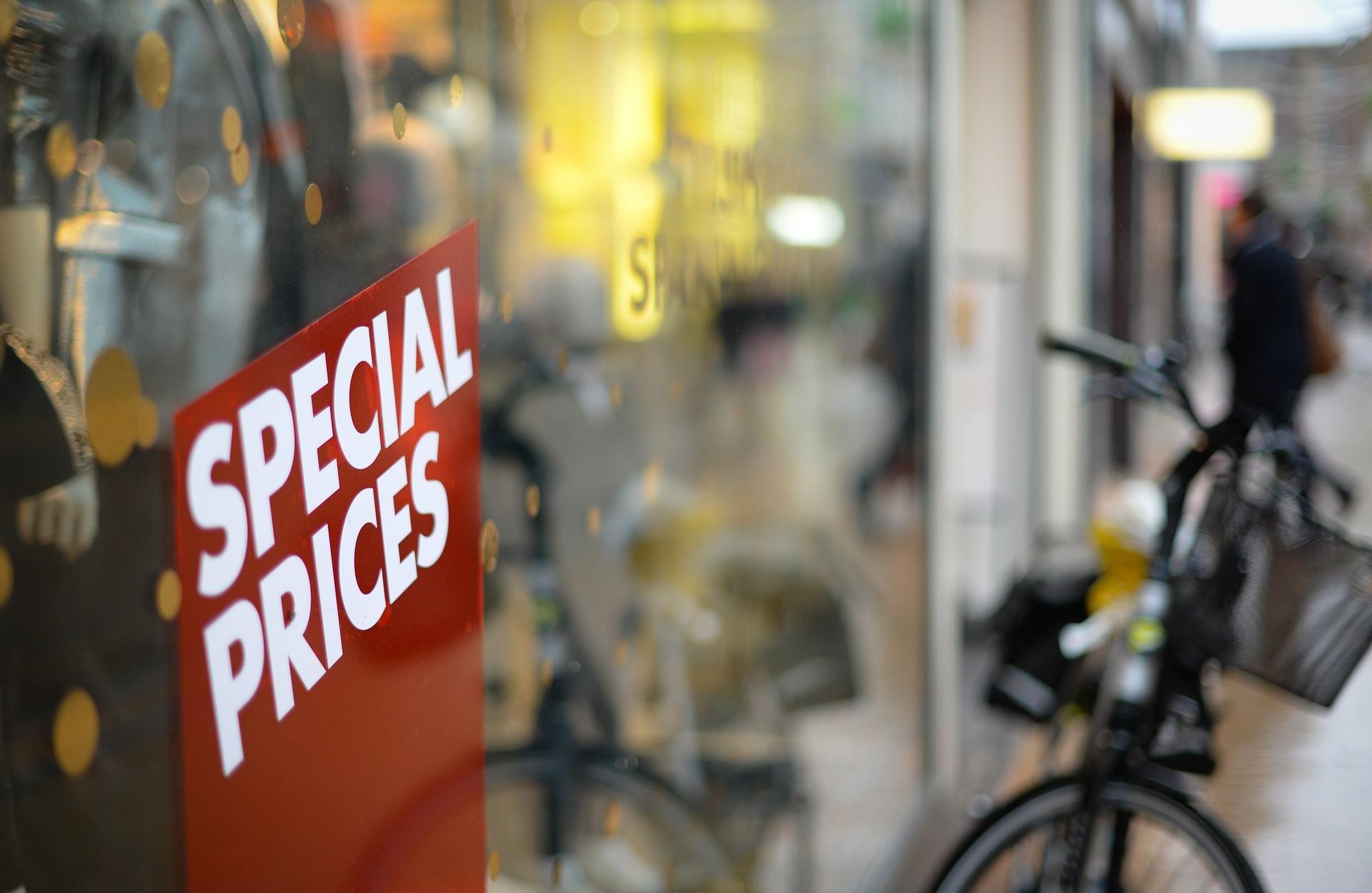DOYLESTOWN, Pa. (WLVT) — Before you fill out a survey to get free stuff — are you sure it’s the real deal?
The Federal Trade Commission (FTC) is warning consumers about the “Covid Coupon Scam,” and PBS39 is sharing tips to help you avoid it.
If a message arrives in your inbox that claims you have a chance to win a coupon or gift card by filling out a survey — take pause.
"The Covid-19 pandemic is prime time for scam artists to take advantage of people’s emotions and fears," Mike Bannon, director of the Bucks County Office of Consumer Protection, told PBS39. "Doing any kind of survey on social media is always a risky thing to do."
According to the FTC, the messages claim to be from companies like Wal-Mart, Target, Whole Foods and Pepsi. Bannon says the survey in the message is part of a phishing scam.
"The scam artists will ask for personal information like birth dates, social security numbers and bank account information," he explained. "They’ll keep asking questions as long as you keep giving answers. With this particular scam, they’re luring you on the premise that you’ll receive some type of gift card. You’ll never get a gift card in a situation like this."
Cindy Casey, computer information science professor at Gwynedd Mercy University, explained how con artists profit from phishing scams.
"A phishing scam is just like fishing. They throw a line out and see how many fish are going to bite. You click on the link and answer some questions in the survey. But, you end up giving away your personal information, things like your name and address, for starters. Scammers can use that information to impersonate you or most likely, they’ll turn around and sell your personal information on the dark web," Casey told PBS39.
To verify a giveaway of any kind, she suggests reaching out directly to the company to ensure the promotion is real.
"If a company is giving something away, you should be able to find it directly on their website," said Casey. "If it looks too good to be true, it probably is."
She says consumers should check out legitimate coupon websites for deals, including: The Krazy Coupon Lady, Coupons.com and Retail Me Not.
The Coupon Resource Center also has a nifty feature on its website that allows consumers to verify coupons by entering the serial number.




